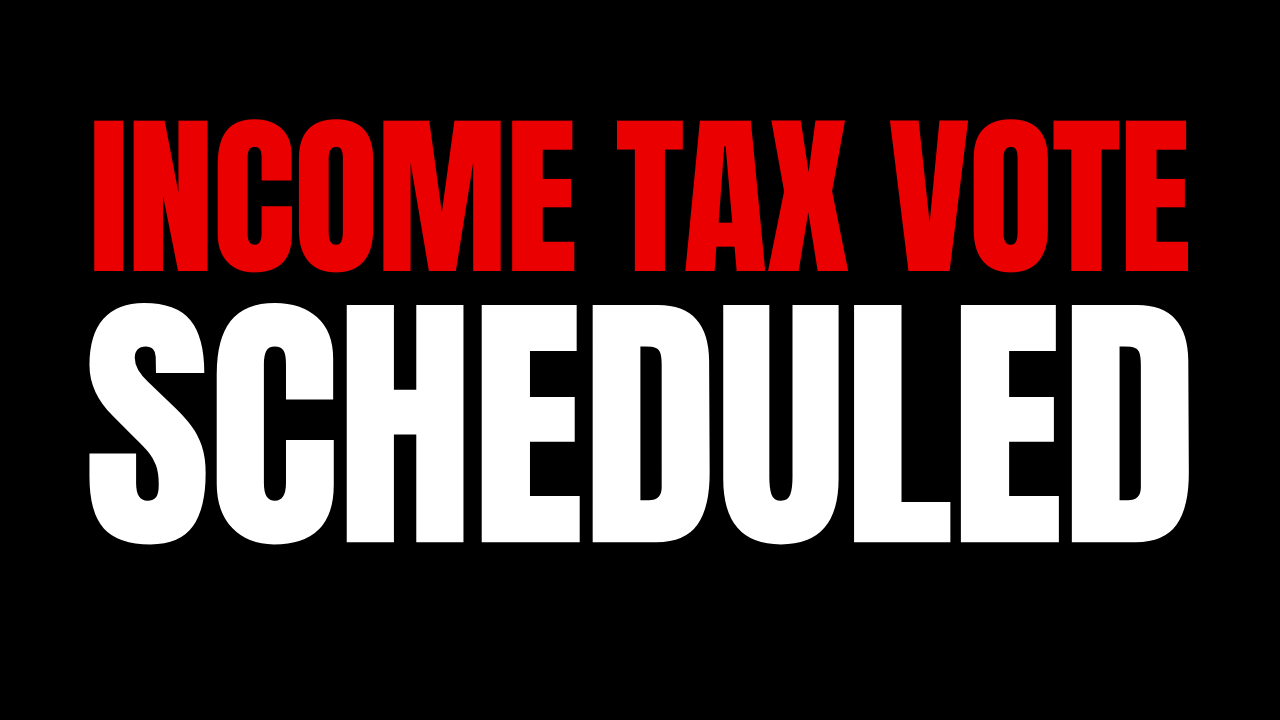The Washington Constitution recognizes the people’s right to determine who represents us in government, including the judicial branch. Under the Washington Constitution, the voters – not the other branches of government – determine the make-up of our courts and most other statewide offices. To facilitate the people’s ability to make informed political decisions, the constitution also provides greater protections for free speech than those in the federal First Amendment. These traditions have served us well for over 100 years. Unfortunately, they may be at risk from a new and dangerous proposal to fund judicial campaigns using taxpayer money.
On October 2, Governor Gregoire stated that she is considering financing campaigns for the Washington Supreme Court using taxpayer funds. The Governor’s suggestion comes after an advocacy group announced it would lobby the Legislature for publicly financed campaigns for most state offices. The public financing proponents argue that using taxpayer funds ensures judicial “independence” from moneyed interests. This proposal, however, presents bigger problems than any it seeks to cure.
Taxpayer financing of judicial campaigns is radically inconsistent with the Washington Constitution’s creation of a judicial branch independent of the legislative and executive branches of government. By creating a judiciary that is elected, and not appointed by the Governor or the Legislature, the founders of this state made it clear that they viewed the other elected branches’ ability to influence the judiciary as a threat to the preservation of the people’s rights recognized by in the Washington Constitution.
Taxpayer funding, in contrast, conditions the ability of candidates for the judiciary to reach voters on the willingness of the Legislature and the Governor to fund their campaigns in the first place. A system in which the judiciary is dependent on the good graces of the other two branches of government for its ability to reach voters will do little but guarantee a judiciary that will do what the government wants.
At that point, we have lost more than high-toned campaigns. We will have lost one of the key components to a free society – the ability of an independent judiciary to protect our constitutional rights against government encroachment.
Worse yet, publicly financed campaigns interfere with the vibrant free speech rights essential to our political system. When a person donates money to a political candidate, that person is making a political statement and providing that candidate with the means to connect with voters and attempt to persuade them to support their candidacy. Public financing would alter that equation and shift the focus of campaigns from appeals for voluntary support to a system in which citizens are simply compelled to participate.
This raises serious constitutional issues. Americans should have the right to keep the government from forcing them to fund speech that they oppose. As Thomas Jefferson said, “to compel a man to furnish contributions of money for the propagation of opinions which he disbelieves and abhors, is sinful and tyrannical.” Every citizen should have the right to support financially any candidate he or she chooses, or no candidate at all.
Shutting down a citizen’s ability to fund challenges to the judicial status quo does not make the judiciary independent – it simply excludes Washingtonians from being able to make their voices heard on the direction of their courts. It is inconsistent with the protections for free speech and the role the Founders gave the people in determining who serves us in government. It betrays both our heritage and our democracy and threatens to make the judiciary little more than supplicants before the Governor and the Legislature.
William Maurer is a director of the Institute for Justice, which litigates across the country on free speech matters, including challenging Arizona’s system of publicly financed campaigns. He is a member of the Washington Policy Center’s Research Advisory Board.




